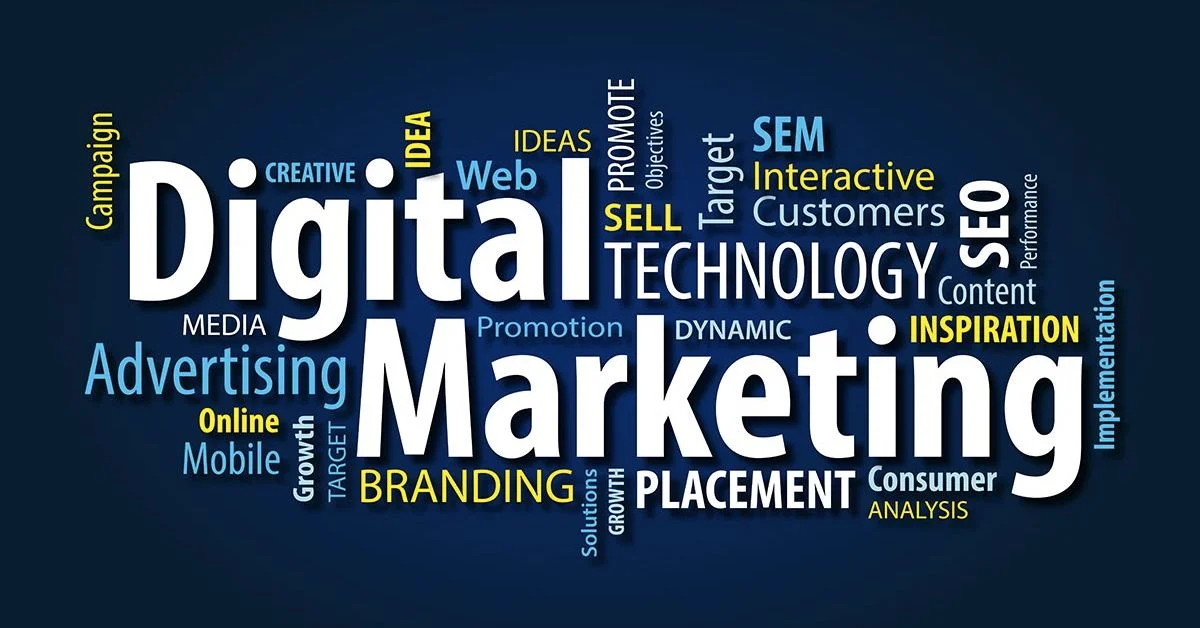In the digital arena, brands are warriors vying for attention, and their weapons: the various forms of digital marketing. But with so many tools in the arsenal, where do you begin? Fear not, intrepid marketer, for this guide cuts through the clutter and spotlights the 4 major types of digital marketing that will turn your brand into a champion.
Whether you’re a seasoned veteran or a fresh recruit, understanding these core disciplines is key to crafting a winning strategy. So, sharpen your swords (figuratively, of course) and prepare to delve into the heart of digital marketing domination!
Intrigued? Ready to unleash your inner marketing prowess? Then keep reading, and let’s conquer the digital battlefield together!
This intro combines elements of anticipation, metaphor, and a call to action to hook your readers and set the stage for your explanation of the 4 major types of digital marketing. You can adapt it further based on your specific tone and target audience.

1. Search Engine Optimization (SEO)
SEO involves optimizing a website to rank higher in search engine results pages (SERPs) organically. This process includes keyword research, content optimization, technical improvements, and link building to increase visibility and drive organic traffic.
2. Pay-Per-Click Advertising (PPC)
PPC advertising involves placing ads on search engines or other platforms and paying a fee each time the ad is clicked. Platforms like Google Ads and social media ads on platforms such as Facebook, Instagram, and LinkedIn utilize PPC models, allowing advertisers to target specific demographics and interests.
3. Social Media Marketing
This type of marketing involves leveraging social media platforms to connect with the audience, build brand awareness, and drive engagement and conversions. It includes creating and sharing content, running ads, engaging with followers, and analyzing metrics to refine strategies. Platforms like Facebook, Twitter, Instagram, LinkedIn, and TikTok are popular for social media marketing.
4. Content Marketing
Content marketing focuses on creating and distributing valuable, relevant, and consistent content to attract and retain a specific audience. This content can be in various forms such as blog posts, videos, infographics, podcasts, and more. The aim is to provide information, solve problems, and build trust, ultimately driving profitable customer action.
These four major types of digital marketing often overlap and complement each other within comprehensive marketing strategies. Companies frequently utilize a mix of these tactics to reach their target audience effectively, increase brand visibility, and drive conversions and sales in the digital landscape.
5. Email Marketing
Email marketing involves sending targeted messages to a group of people via email. It’s an effective way to nurture leads, engage with customers, and drive conversions. Personalized and segmented emails that provide valuable content, promotions, or updates can lead to higher engagement and sales.
6. Affiliate Marketing
Affiliate marketing is a performance-based strategy where businesses reward affiliates for driving traffic or sales to their products or services. Affiliates earn a commission for each sale or action generated through their promotional efforts, such as through blogs, social media, or websites.
7. Influencer Marketing
This form of marketing involves collaborating with influencers—individuals with a dedicated and engaged following on social media platforms—to promote products or services. Influencers endorse brands through their content, leveraging their credibility and reach to connect with their audience and drive brand awareness and sales.
8. Mobile Marketing
As mobile usage continues to rise, mobile marketing targets users on smartphones, tablets, and other mobile devices. It includes strategies like mobile-friendly websites, mobile apps, SMS marketing, and location-based services to reach and engage audiences on their mobile devices.

Conclusion
Each type of digital marketing offers its unique advantages and can be tailored to suit specific business goals, target audiences, and industry niches. Integrated digital marketing strategies often combine several of these approaches to create comprehensive campaigns that maximize reach, engagement, and conversions in the digital landscape.
Understanding these different types allows marketers to create more effective and targeted campaigns to achieve their objectives in the ever-evolving digital sphere.
